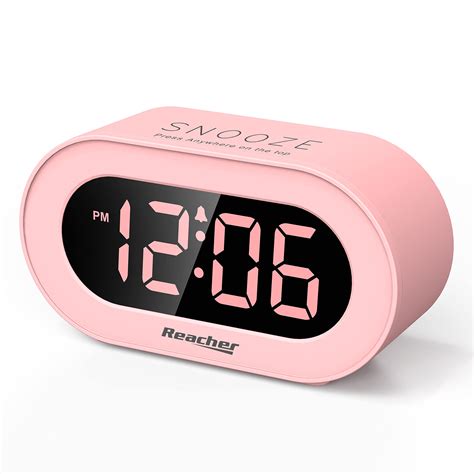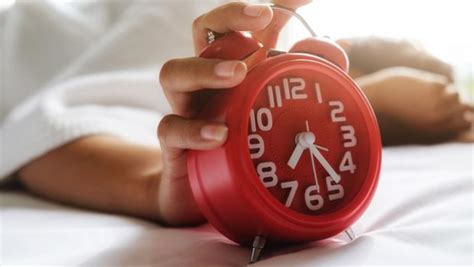What are 3 practical sleep hacks for peak recovery & sharp focus?

In our relentless pursuit of productivity and well-being, sleep often gets relegated to a secondary role. However, the truth is that quality sleep isn’t a luxury; it’s the foundational pillar for both physical recovery and razor-sharp cognitive function. When you sleep deeply, your body repairs itself, your brain consolidates memories, and your stress hormones regulate. Skimping on it means sacrificing your potential for peak performance and sustained focus.

1. Optimize Your Sleep Environment: The Sanctuary Approach
Your bedroom should be a dedicated temple for rest, free from distractions and optimized for sleep-inducing conditions. The ‘dark, cool, and quiet’ trifecta is non-negotiable for ideal sleep architecture. Even small amounts of light can disrupt melatonin production, while a room that’s too warm can prevent your core body temperature from dropping, which is essential for initiating and maintaining deep sleep.

To achieve this, invest in blackout curtains or a quality sleep mask to eliminate all light. Aim for a bedroom temperature between 60-67°F (15-19°C), which is scientifically proven to be optimal. Combat noise pollution with earplugs or a white noise machine, which can mask disruptive sounds and create a consistent, calming auditory environment. Removing electronics and their blue light emissions an hour before bed is also crucial.
2. Master Your Pre-Sleep Routine: The Wind-Down Protocol
Just as you wouldn’t expect a car to go from 100 mph to a dead stop instantly, your brain needs a transition period to shift from active mode to sleep mode. A consistent pre-sleep routine signals to your body that it’s time to wind down, promoting relaxation and preparing you for a restful night.

Dedicate the 60-90 minutes before bed to calming activities. This could include reading a physical book (avoiding screens), taking a warm bath or shower to help lower your body temperature afterward, gentle stretching or yoga, or practicing mindfulness meditation. Avoid stimulating activities like intense exercise, engaging in stressful conversations, or consuming heavy meals, excessive liquids, caffeine, or alcohol too close to bedtime.
3. Consistency is Key: The Power of a Fixed Sleep Schedule
Our bodies thrive on routine, especially when it comes to the circadian rhythm – our internal 24-hour clock. Going to bed and waking up at roughly the same time every day, even on weekends, is one of the most powerful adjustments you can make to improve your sleep quality and overall energy levels.

This consistency helps to regulate your natural sleep-wake cycle, making it easier to fall asleep and wake up feeling refreshed. When your circadian rhythm is aligned, your body knows when to release sleep-inducing hormones like melatonin and wake-up hormones like cortisol at the appropriate times. Deviating significantly on weekends can lead to “social jet lag,” disrupting your internal clock and making Monday mornings particularly challenging. Aim for 7-9 hours of quality sleep nightly.

Implementing these three practical sleep hacks can profoundly impact your daily life, transforming your recovery and sharpening your focus. Prioritize sleep, and you’ll unlock a higher level of performance, resilience, and overall well-being. Start small, be consistent, and observe the remarkable changes.









